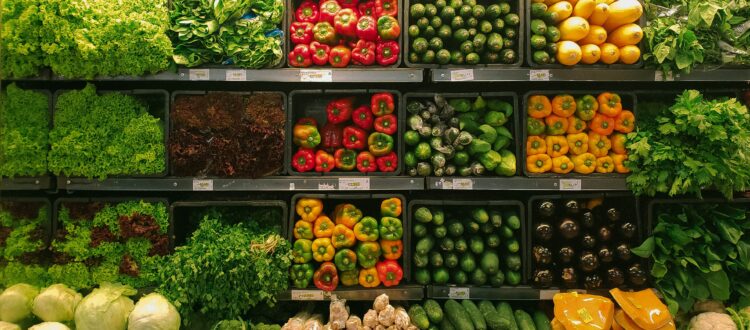
In the lead up to Australian Food Safety Week, 11 to 18 November 2023, the Food Safety Information Council today urged consumers to ensure their health is not compromised by taking food safety short cuts during the cost of living crisis.
Cathy Moir, Council Chair, said that, according to our fellow charity Foodbank, 3.7m Australian households have experienced food insecurity over the past 12 months, a jump of almost 350,000 on the previous year.
‘This year’s Australian Food Safety Week theme is ‘Food safety – dollars and sense’ and warns about how to manage the increased cost of living without compromising food safety.
‘There are an estimated 4.67 million cases of food poisoning in Australia each year that result in 47,900 hospitalisations, 38 deaths and cost to the economy of $2.1 billion. Food borne disease isn’t a minor illness and can leave you with long term health effects such as reactive arthritis.
‘We recommend you follow these tips to stay food safe:
- Check the dates. You may be able to make savings by buying food, especially meat, close to its use by date. Just remember to use or freeze the food before its use by date. Foods with a best before date can still be eaten safely after that date but may have lost some quality or nutrition.
- Your freezer is your friend. Avoid food waste. Divide your meat or poultry into smaller portions in a container and freeze. Wash any fruit and vegetables and blanch in boiling water briefly before freezing. Beat eggs in small portions or freeze separated yolks and whites. Even milk and grated or whole blocks of cheese can be frozen.
- Cheaper meat is just as tasty. If you are moving to more economic cuts of meat such as mince, sausages, rolled roasts, liver and other offal and chicken, remember use a meat thermometer to check if cooked to at least 75°C in the centre.
- Seasonal fruit and veg. Look for fruit and vegetables that are in season as they are often cheaper and taste their best. Many retailers offer a cheaper price on fruit and veg that don’t look perfect. Minor blemishes aren’t a safety risk but don’t purchase green or sprouting potatoes which can contain toxins.
- Forget foraging. Don’t be tempted to forage for wild food as a saving. Mushrooms and some other plants that can look like food can be toxic and wild foods can be contaminated by soil and animal faeces as well as with dangerous microbes, parasites and chemicals.
- Don’t purchase food from unknown sources such as on social media, make sure you are buying from a legal food business to ensure food safety standards are followed.
‘Finally, if you need support, contact a food charity such as OzHarvest, Second Bite or FoodBank, never ‘Dumpster dive’ for discarded food which is likely to be contaminated by other rubbish, be past its use by date, would not be kept at a safe temperature, or may have been discarded due to a food recall,’ Ms Moir concluded.
Learn more about food safety and test your knowledge by completing the food safety quiz on the Food Safety Information Council website.
The Food Safety Information Council would like to thank our members On Solution, SA Health and NT Health for their support of Australian Food Safety Week 2023.
Media Contact:
Lydia Buchtmann, Food Safety Information Council, 0407 626 688

